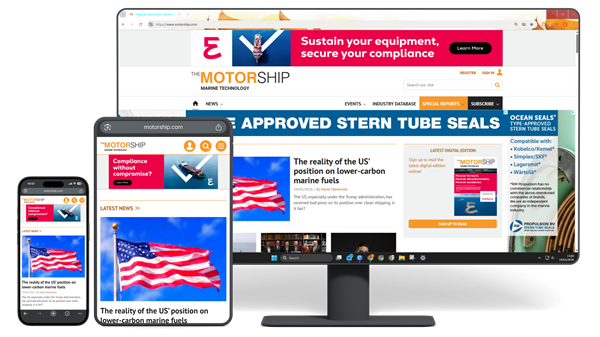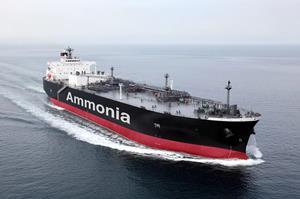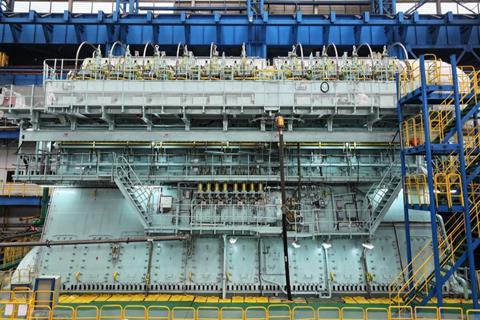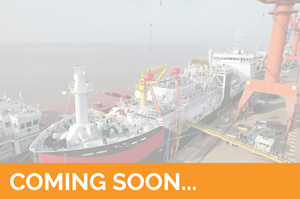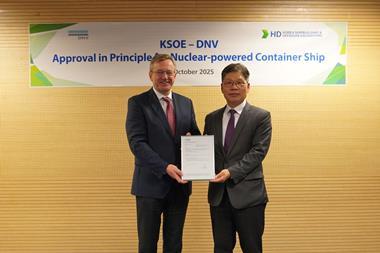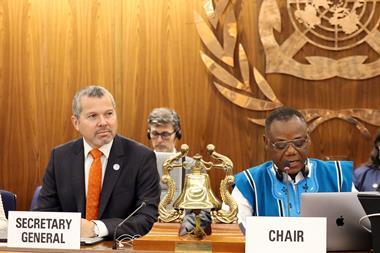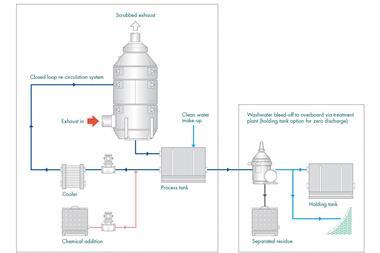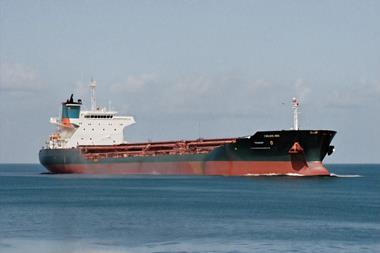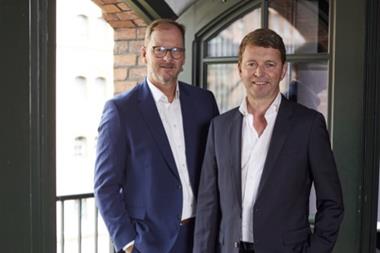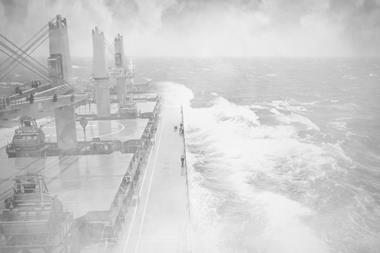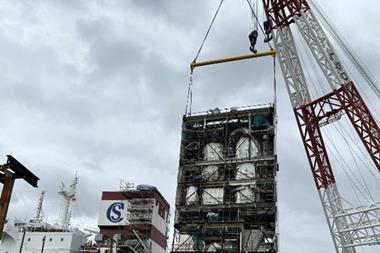Given the recent decision by the IMO to delay the implementation of its Net Zero Framework, there is increasing strain on shipowners as they attempt to navigate an evolving regulatory framework.
In this context, DNV and the World Maritime Merchants Forum (WMMF) ESG team have published a new guide to help shipowners through these challenging times, an effort supported by industry organisations in Hong Kong and worldwide.
The “Net-Zero Guide: Practical Approaches for Global Shipping Companies” provides a roadmap for advancing decarbonisation. Drawing on data-driven insights and real-world operator experience, the guide offers actionable steps for shipowners to align operational and investment decisions with both international and regional regulations as they stand. It also helps companies navigate uncertainties, adopt best practices, and take pragmatic actions that prepare them for future changes in a rapidly evolving landscape.

Knut Ørbeck-Nilssen, CEO, DNV Maritime said: “Shipping’s decarbonization journey continues despite the postponement at the IMO. The reality is that energy efficiency and fuel flexibility or readiness are still considered and implemented on vessels. Continuing on this course will maintain competitiveness and contribute to the sector’s long-term decarbonization goals. The collaboration with World Maritime Merchants Forum (WMMF) on this guide is itself a testament to the importance of working together to pave the way for successful decarbonization.”
Mr. Wang Yong Xin, president of China Merchants Energy Shipping (CMES) said: “The Net-Zero Guide offers the industry a wealth of practical reference cases in a complex transition environment, helping shipping companies strike a balance between short-term operations and long-term emissions reduction.”
The guidance acknowledges the growing complexity and rising costs of regulatory compliance, challenges that are particularly acute for small and medium-sized operators. It provides practical procedures to help manage expenditure while progressing towards net-zero operations. Among the recommended measures are incremental improvements in energy efficiency, staged transitions to alternative fuels, and selective fleet renewal or retrofitting, enabling shipowners to mitigate financial risk and avoid assets becoming prematurely obsolete. By aligning investment decisions with operational performance and evolving market expectations, owners can bolster commercial resilience and secure their long-term competitiveness.
A key message is the need for decarbonisation to become integral to strategic planning rather than a parallel exercise. This involves closely linking compliance requirements with fleet investment and financing decisions, supported by a lifecycle approach that considers renewal, retrofits, and operational efficiency as interconnected elements. The guidance also emphasises the importance of building internal capability through structured competence development and effective change management. Strengthened collaboration across the maritime value chain, together with greater use of digital tools and sound data governance, is highlighted as a means to improve transparency, ensure regulatory alignment, and drive lasting efficiency gains.
To find out more about future fuels, one way to ensure compliance with evolving regulation, join us next week at the 46th Propulsion and Future Fuels conference in Hamburg. To book a place, click here.

